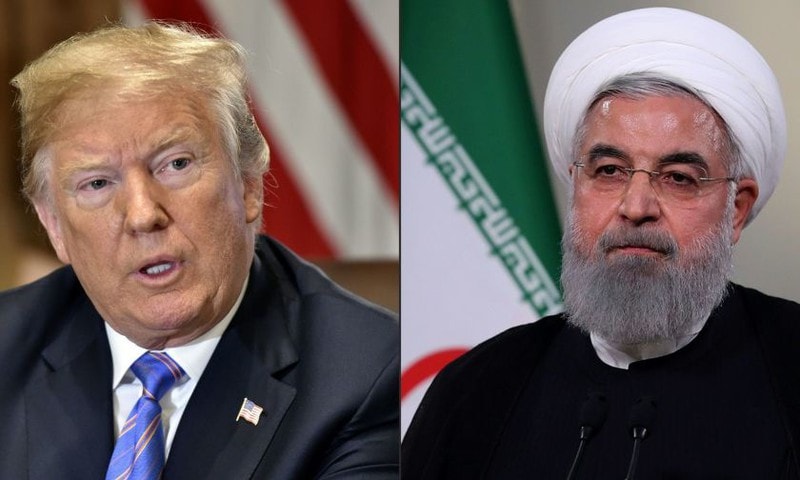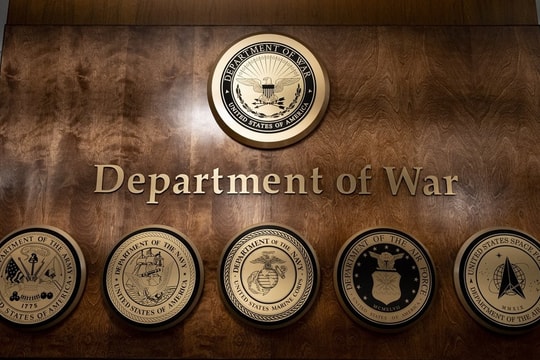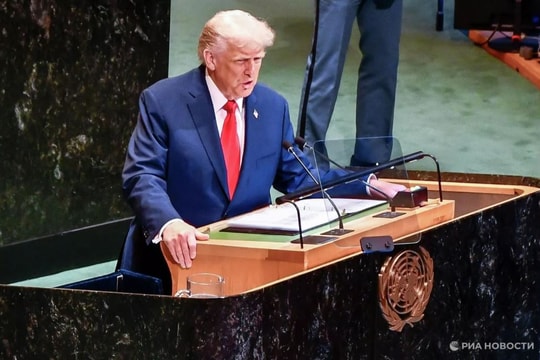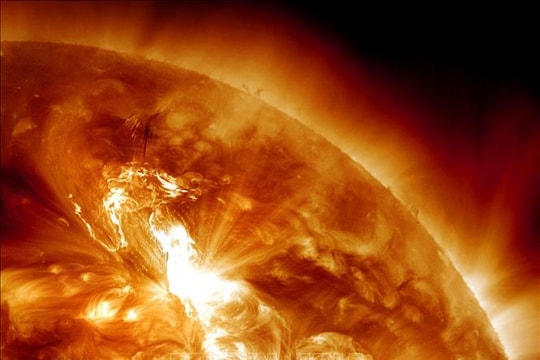US-Iran relations plummet 5 years after signing nuclear deal
Five years since the signing of the Iran nuclear deal has also marked a decline in US-Iran relations.
July 14 marks five years since the historic nuclear deal, known as the Joint Comprehensive Plan of Action (JCPOA), was signed by Iran and the parties involved in Vienna, Austria. The past five years have marked the ups and downs of this special agreement and the decline of US-Iran relations. Public opinion has so far expressed regret that both Iran and the US have taken steps that have affected the 2015 nuclear deal.
|
| Five years since the signing of the Iran nuclear deal has also marked a decline in US-Iran relations. Photo: Los Angeles Times |
After 20 months of negotiations, July 14, 2015 went down in history in world diplomacy when eight parties involved, including permanent members of the United Nations Security Council, the United States, Russia, China, the United Kingdom, France and Germany, through diplomatic solutions signed a historic nuclear agreement with Iran.
Soon after the nuclear deal was signed, officials from many European countries and other countries began to look to Iran to exploit its economic benefits. Business and cooperation opportunities opened up for both Iran and the world with the emergence of the Iran nuclear deal. However, the golden time of the deal was short-lived.
The incident began to appear when on May 8, 2018, US President Donald Trump announced that the US unilaterally withdrew from the agreement and then re-imposed sanctions on Iran. Since this turning point, a series of events have occurred in the Iran nuclear deal.
The climax was Iran's "ultimatum" on May 8, 2019 - exactly one year after the US unilaterally withdrew from the agreement, implying a partial withdrawal from the nuclear deal, if the countries participating in the negotiations did not join hands to help Iran protect its oil and banking interests. Despite the efforts of the parties involved, the Iran nuclear deal faced the risk of dying after Iran gradually reduced its commitments in the nuclear deal, including increasing the limit on uranium enrichment.
Since then, US-Iran relations have deteriorated after a series of tense moves from both sides. There were times when public opinion thought of a scenario of a war that could break out between the US and Iran after Iran shot down a US drone in June 2019. In response, the US later shot down an Iranian drone in the Strait of Hormuz.
Tensions in US-Iran relations continue to peak after the US assassinated Iranian special forces commander - Major General Qasem Soleimani in early January 2020. In response, Iran recently made a shocking statement when it wanted Interpol to arrest US President Donald Trump for his involvement in the death of this general.
Public opinion has been concerned about the tense developments in US-Iran relations and the setbacks in the Iran nuclear deal. During the online meeting of the United Nations Security Council discussing the arms embargo on Iran as well as the 2015 nuclear deal at the end of June, UN Deputy Secretary-General Rosemary DiCarlo expressed regret that both Iran and the US have taken steps that affect the 2015 nuclear deal.
“We urge the parties to the agreement to resolve their differences within the framework of the agreement. I also urge member states to avoid aggressive rhetoric and actions that could negatively impact the Iran nuclear deal and regional stability. Full implementation of the agreement is the solution to ensure essential economic benefits for the Iranian people,” Ms. DiCarlo emphasized.
Mikhail Ulyanov, Russia's permanent representative to international organizations in Vienna, Austria, recently warned the signatories of the nuclear deal, especially the US and Iran, to avoid fruitless disputes that could damage the agreement. The permanent representative of Russia to international organizations in Vienna also called for maximum efforts to protect the agreement./.









